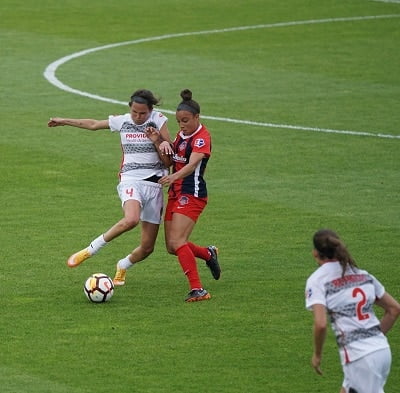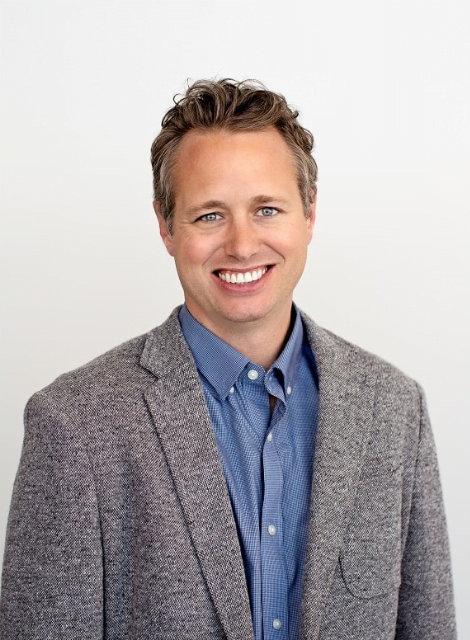One of the less widely talked about factors influencing a patient’s recovery is mental health. An orthopedic physician’s goal is to successfully restore physical function and relieve pain. However, it is also critical for a physician to address the emotional and mental health of a patient. This topic is harder to discuss, but we feel it’s imperative to address it to help patients achieve better health. You will hear our physicians say, “We treat people, not test results.”
Influence on Physical Recovery
It is easy to understand the role physical pain plays in your emotional wellbeing. Less appreciated is how mental health directly influences physical recovery. As reported in the Journal of Bone & Joint Surgery, “Poor functional outcomes have been correlated with poor emotional health, such as anxiety, depression, poor coping skills, and poor social support.”
Another research study designed to assess clinical and functional outcomes after ankle fracture in patients with preexisting mental illness back up this point: “Secondary operations were nearly 50% more frequent in patients with mental illness, and functional outcome scores were significantly worse, suggesting that mental illness, unrelated to injury and treatment parameters, has a major influence on outcomes.”

Return to Sport
After treating many high school and college athletes for orthopedic injuries, we recognize the strong relationship between the mind and body.
Treating the mind upon releasing a patient back to the game is key. This fear of another injury, which is justified, can be the biggest barrier to returning to play.
Perfectionism and Year-Round Sports
Sports help young athletes develop lifelong physical activity skills, encourage peer socialization, build teamwork, enhance leadership skills and develop self-esteem. Beyond all these benefits, participating in sports should be fun!
In today’s youth sports, a lot of pressure is put on parents and kids to specialize in one sport at an earlier and earlier age. This pressure comes from peers, parents, coaches, and social media.
New Strong KC is a mental health service practice focused on fostering the spirit of resiliency in school-age kids and their families. Laura Probasco, therapist, and Dr. Matt Daggett, sports medicine orthopedic surgeon at Sano, sat down together to talk about the topic of perfectionism as it relates to youth athletes.
Dr. Matt Daggett shared why specializing in one sport at a younger age has many negative effects:
- Increases burn out
- This leads to more overuse injuries
- This leads to more traumatic injuries
There is no correlation between early specialization to elite performance, as our genes play a role in our future athletic ability.
Dr. Daggett’s key advice? “Take 3 months off of your chosen sport each year. This helps rest the body and mind to keep the fire and love of the sport.”
Gain a more meaningful understanding of why not to specialize too early by watching this interview between Dr. Daggett and Laura Probasco.
Watch the full interview between Dr. Daggett and Laura Probasco
Follow New Strong on Instagram
Roadmap to Youth Sports Safety
Meet Dr. Matt Daggett
Sports Medicine Orthopedic Surgeon
Dr. Daggett a board-certified, fellowship-trained orthopedic hand surgeon. He specializes in sports injuries, knee arthroscopy and shoulder care. He is passionate about injury prevention and helping our community focus on health and wellness.

